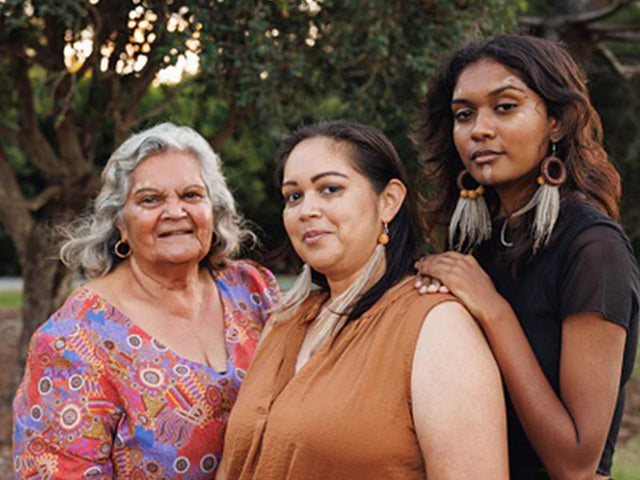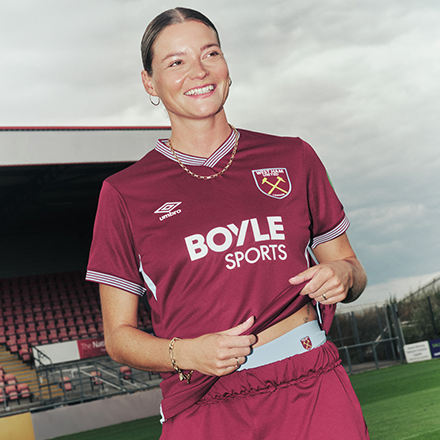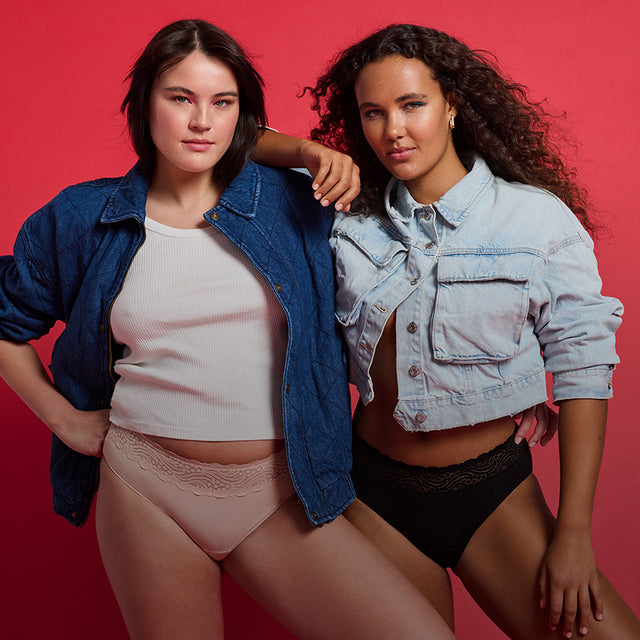Insights
RURAL MENSTRUAL HEALTH SURVEY
2023 SURVEY REVEALS MENSTRUAL HEALTH CHALLENGES IN REGIONAL AUSTRALIA
For many of us, obtaining period-care products isn’t a particularly onerous task. We can pop down to the shops, pay someone to pick things up for us and make a medical appointment in minutes. This got us thinking: what do you do if the nearest supermarket is hours away, or if the only doctor available to you is booked out?
It didn’t take us long to realise that most menstrual health reports focus on urban experiences, not rural ones. And while living in a city doesn’t always equate to idyllic period care, it can be even tougher in smaller towns.
So, to better understand the experiences of rural bleeders, we launched our Regional Australia Menstrual Health Survey 2023. The results were confronting. From not being able to afford or access period products, to a lack of facilities while working on the land, the survey results paint a stark landscape of the reality many rural Aussies face.

WHAT ARE THEY KEY TAKEAWAYS?
There’s a lot to unpack here but here’s some key stats:
- 36% of respondents could ‘Not Always’ access period care products when they needed them.
- 70% of respondents were ‘Not Always’ able to purchase the period care products (types / brands) they would most like to use.
- 69% of respondents found the cost of period care products was ‘Not Always’ affordable to them.
- 30% of respondents had taken some time off work due to their period, with over 40% of respondents citing physical and emotional symptoms as the key challenges during their menstrual cycle.
OK, LET'S GET INTO THE NITTY GRITTY.
Over 150 open text comments were submitted into our Regional Australia Menstrual Health Survey. Here’s what they said:
64% struggle with a lack of availability of products at regional stores.
“Access to products can be difficult with many products out of stock and limited opening hours, which means I can’t always buy the things I when need them.”
55% have difficulty even accessing stores that stock period care products.
“Distance to store that stocks products Local shop (20 mins away) could rely on if stuck - but only during their operating hours. Otherwise drive 80km to nearest Woolies. Still a stigma around purchasing period products so not that keen to do so in tiny local store.”
55% say preparation is crucial.
“You have to be prepared/think ahead and stock up as you can't just pop to the shop to get some. I work locally and live on a property, so I have to have menstrual items in multiple places e.g., car glovebox, work bag, bathroom so I'm ready no matter whether I'm in the house, paddock, at work or travelling somewhere.”

52% note a real lack of choice of period products.
“Local chemist and Woolworths do not stock all brands, sizes etc of reusable products so I have to travel 2+ hrs to purchase these preferred brands (or online).”
35% struggle with the high cost of products at regional stores.
“The cost of period products seems to be more so I will at times wait until I am in the city for work and buy them there where I have more options and the price is cheaper.”
21% list inadequate (public) toilets as a big barrier, during their period.
“I need to track my cycle as well as possible as I can be remote in a paddock on a motorbike for 6-8 hours a day. My schedule may need to change due to my period as I don't have access to toilet/washing facilities for hours a day. It can be frustrating.”
17% say their town lacks adequate waste disposal facilities.
“Due to not having rubbish collection, thought must go into the logistics of having menstrual products sitting in a bin until a time I am able to drive them to the local tip (40min+)”

11% struggle to access to Medical Professionals, including long travel and wait times for specialists.
“I required gynaecological management but the wait time for an appointment is ridiculous. With the lack of specialists servicing our area, you either have to travel to the city for an earlier appointment (3hr each way) or wait longer to see someone close by.”
“I have both endometriosis and polycystic ovaries, when being clinically assessed and diagnosed I was sent to Australian cities (capitals) for assistance given the lack of expertise and care available to me in my hometown region.”
“If you need to see a GP or gyno in relation to your menstrual cycle, it is extremely difficult to obtain an appointment due to high demand and limited practitioners and also involves long distance travel to get to a specialist.”
11% say there's still stigma and taboo attached to Menstrual Health.
“When you grow up in a small town in is really embarrassing to go to a local store. If you live with stepdad or some other tricky situation, it’s hard to ask.”
“We are getting there but there needs to be so much more acceptance and taboo removed from women's health in regional communities.”
WHERE FROM HERE?
Understanding the challenges all menstruating people face can help us all to better support each and inform the landscape we bleed in.
If you know someone who lives far away, consider sending them a period-care package. For others, consider writing to your local council, school and government representatives to demand better outcomes and services for regional towns. We also think our reusable Period Undies are a convenient option and always available Being able to wear, wash and reuse our period undies can help save time and money.




